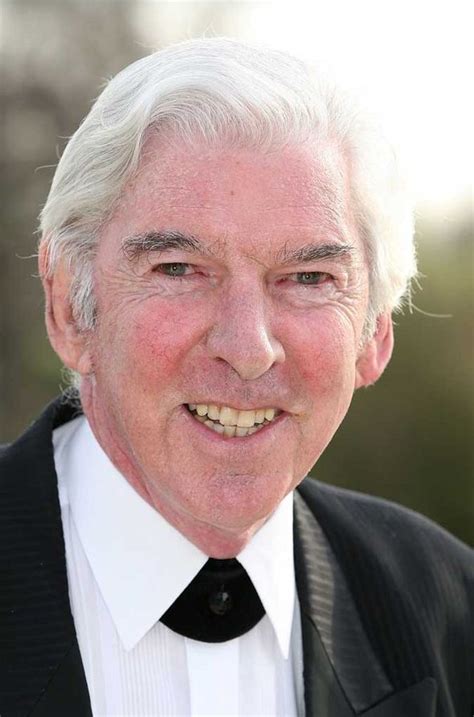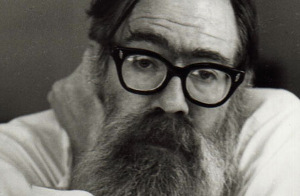A Quote by Thomas Ligotti
Human life moves only in one direction - toward disease, damage, and death. The best you can hope for is to remain stagnant or, in certain cases, return to a previous condition when things weren't as bad as they've become for you.
Related Quotes
It's best to not confuse optimism with hope. Optimism is a psychological attitude toward life. Hope goes further. It is an anchor that one hurls toward the future, it's what lets you pull on the line and reach what you're aiming for and head in the right direction. Hope is also theological: God is there, too.
The human condition comprehends more than the condition under which life has been given to man. Men are conditioned beings because everything they come in contact with turns immediately into a condition of their existence. The world in which the vita activa spends itself consists of things produced by human activities; but the things that owe their existence exclusively to men nevertheless constantly condition their human makers.
I support the death penalty. I think that it has to be administered not only fairly, with attention to things like DNA evidence, which I think should be used in all capital cases, but also with very careful attention. If the wrong guy is put to death, then that's a double tragedy. Not only has an innocent person been executed but the real perpetrator of the crime has not been held accountable for it, and in some cases may be still at large. But I support the death penalty in the most heinous cases.
Reading is at the threshold of spiritual life; it can introduce us to it; it does not constitute it. There are, however, certain cases, certain pathological cases, so to speak, of spiritual depression in which reading can become a sort of curative discipline and assume the task, through repeated stimulation, of continuously reintroducing a lazy mind into the life of the spirit.
So to be sick unto death is, not to be able to die-yet not as though there were hope of life; no, the hopelessness in this case is that even the last hope, death, is not available. When death is the greatest danger, one hopes for life; but when one becomes acquainted with an even more dreadful danger, one hopes for death. So when the danger is so great that death has become one's hope, despair is the disconsolateness of not being able to die.
To become fully human means learning to turn my gratitude for being alive into some concrete common good. It means growing gentler toward human weakness. It means practicing forgiveness of my and everyone else's hourly failures to live up to divine standards. It means learning to forget myself on a regular basis in order to attend to the other selves in my vicinity. It means living so that "I'm only human" does not become an excuse for anything. It means receiving the human condition as blessing and not curse, in all its achingly frail and redemptive reality.
The plan of spiritual evolution is marked not only by God's will that we move ever in the direction of love, nut also by another of God's creative principles: that humanity has free will. What that means is that in any given moment, it is our choice whether we move toward love or retreat from it. What is not love is fear. But in the larger scheme of things, there is a limit past which lovelessness cannot remain. Fear is not life-giving enough to sustain itself. We can move in the direction of fear only so long before it brings us to our knees, or to our end.


































